About Embrace Recovery
Embrace Recovery is a behavioral health facility that provided outpatient care for people struggling with substance use disorders (SUDs) as well as other mental health conditions. It’s closed now but it was located in Laguna Hills, California.
Outpatient Addiction Care in Laguna Hills
This facility worked with adults specifically, and was a great transitional solution for those who were stepping down from residential or inpatient SUD treatment. Being located in Laguna Hills, there were plenty of popular landmarks and green spaces that could have been incorporated into an overall therapeutic routine.
For example, you could have visited Florence Joyner Olympiad Park, named after the former American Olympian and the fastest woman ever recorded in track and field. Other nearby destinations include Laguna Beach, Aliso and Wood Canyons Wilderness Park, and Nellie Gail Ranch. Additionally, if you needed traditional medical attention, Embrace Recovery was located near Saddleback Memorial Medical Center.
A Smart Step Down Solution
Embrace Recovery’s outpatient programs were designed for people who had either already achieved sobriety, or were enrolled in a medication assisted treatment (MAT) program elsewhere and were fully stable. This facility offered two outpatient programs: an intensive outpatient program (IOP) or a standard outpatient program.
The IOP offered more structured sessions that met more frequently throughout the week while the standard program provided greater flexibility to work around your previous commitments.
Extensive Counseling Support
Regardless of the program you chose, you would have had immersive access to evidence based therapy modalities. Likewise, you could have participated in individual, group, and family sessions to help you build the tools necessary to maintain your sobriety.
Embrace Recover accepted most major PPO insurance plans, but also offered self pay and assistance options for qualified clients.
Rehab Score
Gallery
Accepted Insurance
Other Forms of Payment
Private insurance refers to any kind of healthcare coverage that isn't from the state or federal government. This includes individual and family plans offered by an employer or purchased from the Insurance Marketplace. Every plan will have different requirements and out of pocket costs so be sure to get the full details before you start treatment.
Self-pay involves paying for treatment out of your own pocket. You can use savings or credit, get a personal loan, or receive help from family and friends to fund your treatment. If you don't have insurance or your insurance plan doesn't cover a specific program, self-pay can help ensure you still get the care you need.
Military members, veterans, and eligible dependents have access to specific insurance programs that help them get the care they need. TRICARE and VA insurance can help you access low cost or no cost addiction and mental health treatment. Programs that accept military insurance often have targeted treatment focused on the unique challenges military members, veterans, and their families face.
Sliding scale payments are based on a client's income and family size. The goal is to make treatment affordable to everyone. By taking these factors into account, addiction recovery care providers help ensure that your treatment does not become a financial burden to you or your family, eliminating one barrier to care.
Addiction Treatments
Levels of Care
 Outpatient
Outpatient
 Intensive Outpatient
Intensive Outpatient
Treatments
The goal of treatment for alcoholism is abstinence. Those with poor social support, poor motivation, or psychiatric disorders tend to relapse within a few years of treatment. For these people, success is measured by longer periods of abstinence, reduced use of alcohol, better health, and improved social functioning. Recovery and Maintenance are usually based on 12 step programs and AA meetings.
Drug rehab in California teaches participants constructive ways to stay clean and sober. Treatment revolves around helping individuals stop using the substance they are addicted to and learn healthy habits to avoid relapse.
Opioid rehabs specialize in supporting those recovering from opioid addiction. They treat those suffering from addiction to illegal opioids like heroin, as well as prescription drugs like oxycodone. These centers typically combine both physical as well as mental and emotional support to help stop addiction. Physical support often includes medical detox and subsequent medical support (including medication), and mental support includes in-depth therapy to address the underlying causes of addiction.
Substance rehabs focus on helping individuals recover from substance abuse, including alcohol and drug addiction (both illegal and prescription drugs). They often include the opportunity to engage in both individual as well as group therapy.
Programs

Adult Program

Young Adult Program
Clinical Services
Equine therapy, aka equine-assisted therapy (EAT), is a form of experiential therapy that involves interactions and activities with horses. It does not necessarily involve riding horses, but all activities related to horses, such as feeding, grooming, haltering and leading them. A mental health professional frequently oversees the activities (often in conjunction with a horse professional), and helps patients process their thoughts, feelings, and behavior patterns during and/or after the interaction.
Research clearly demonstrates that recovery is far more successful and sustainable when loved ones like family members participate in rehab and substance abuse treatment. Genetic factors may be at play when it comes to drug and alcohol addiction, as well as mental health issues. Family dynamics often play a critical role in addiction triggers, and if properly educated, family members can be a strong source of support when it comes to rehabilitation.
Group therapy is any therapeutic work that happens in a group (not one-on-one). There are a number of different group therapy modalities, including support groups, experiential therapy, psycho-education, and more. Group therapy involves treatment as well as processing interaction between group members.
In individual therapy, a patient meets one-on-one with a trained psychologist or counselor. Therapy is a pivotal part of effective substance abuse treatment, as it often covers root causes of addiction, including challenges faced by the patient in their social, family, and work/school life.
Recreational therapy (aka therapeutic recreation) uses creative and fun activities to help with addiction recovery. Recreational therapists lead patients in entertaining and engaging activities like sports or games; art (drawing, painting, sculpture); drama, music, and dance; and/or community outings (field trips) to improve patients' physical, social, and emotional well-being.
Staff & Accreditations
Staff
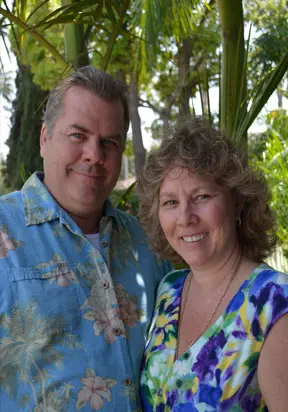
Glenn & Carol Swanson
CEO & CFO
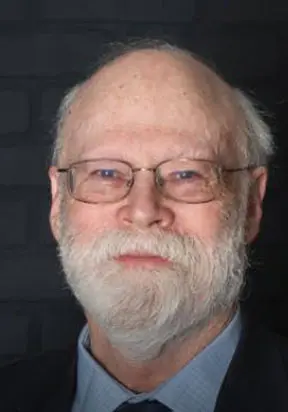
J. Stephen Maurer, MD
Psychiatrist, Medical Director
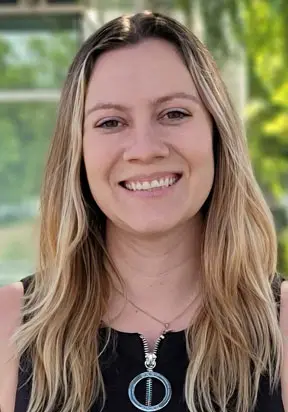
Caitlin Swanson, LMFT
Clinical Director

Danielle Beatrice
Program Director
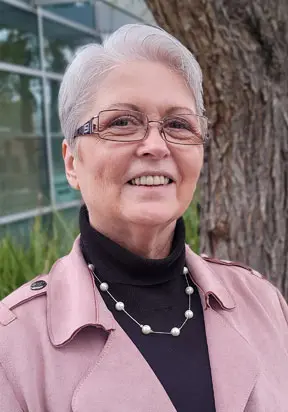
Tracy Isaac, LPHA, APCC
Therapist
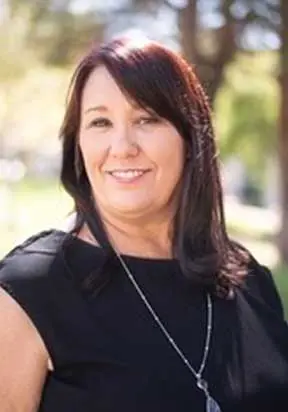
Julia Seiker, LCSW
Clinical Advisor
Accreditations

State Licenses are permits issued by government agencies that allow rehab organizations to conduct business legally within a certain geographical area. Typically, the kind of program a rehab facility offers, along with its physical location, determines which licenses are required to operate legally.
State License: California
License Number: 300288AP





